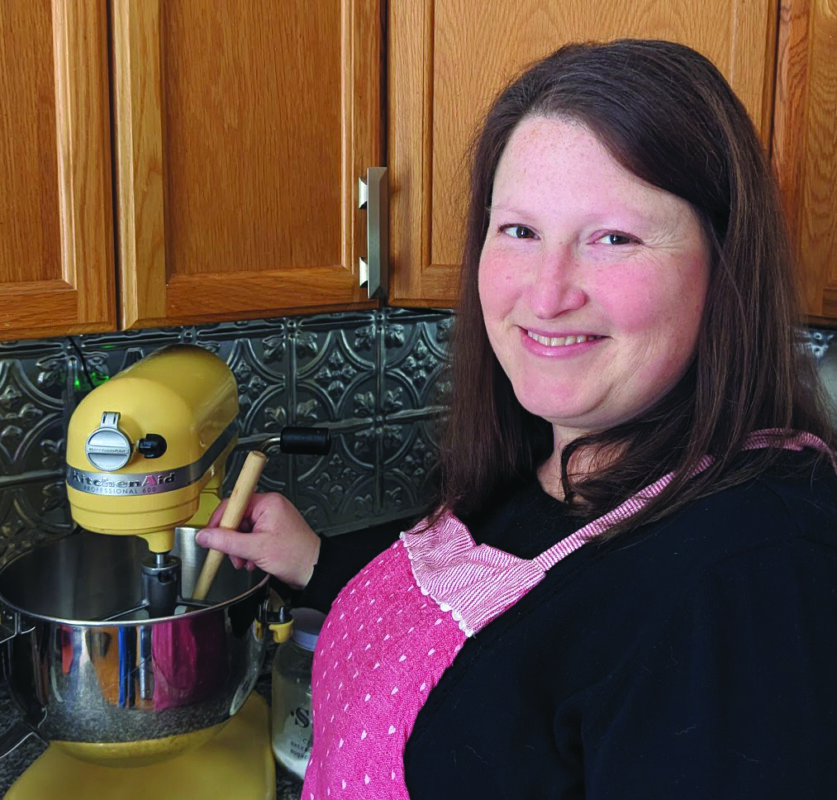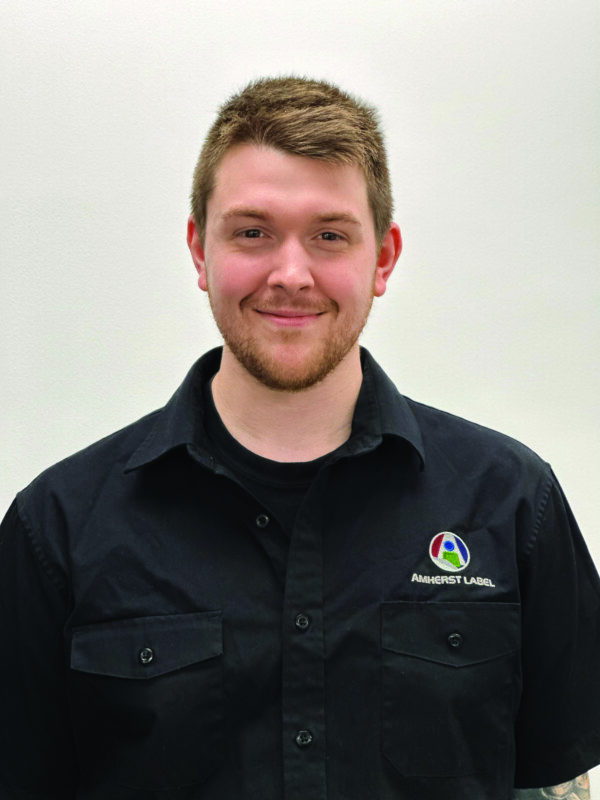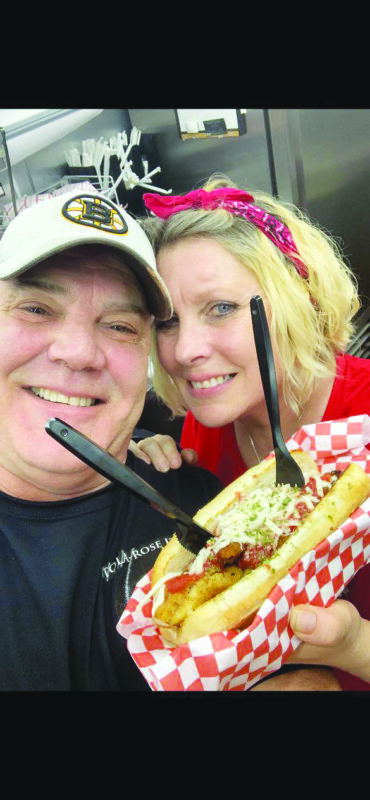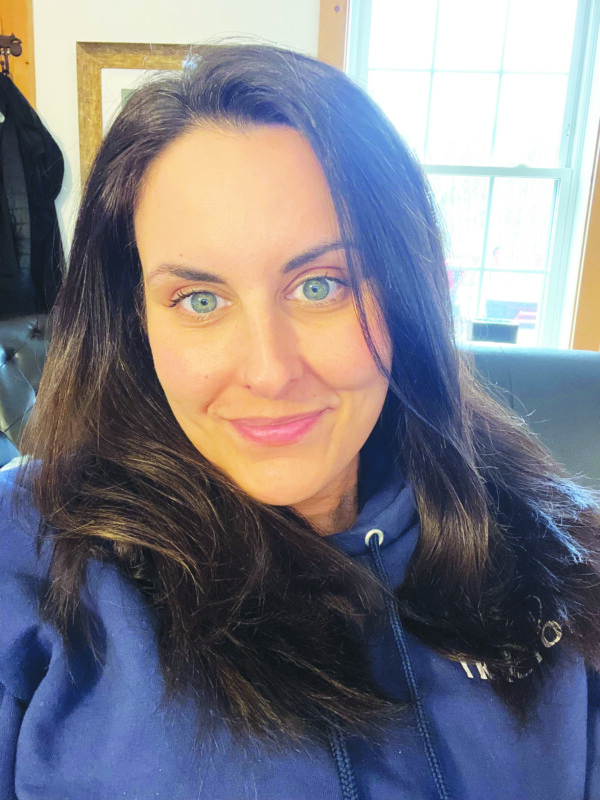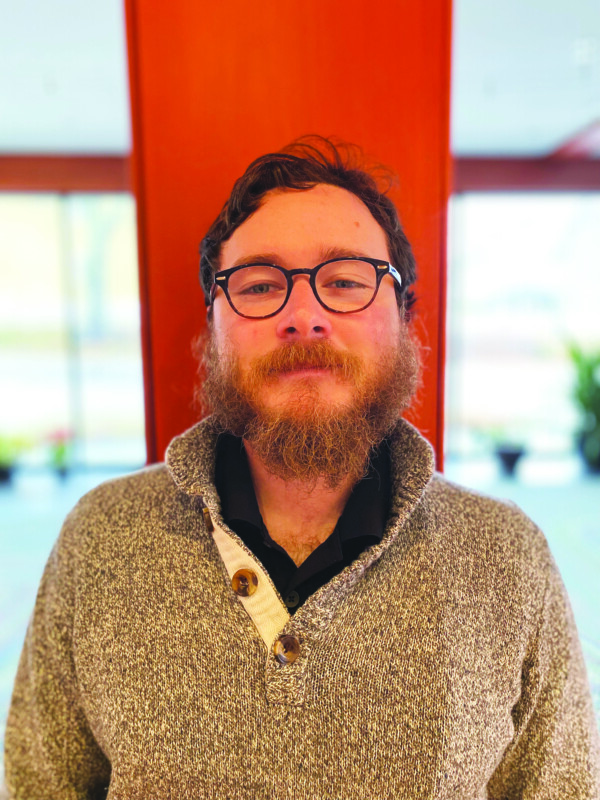Nicole Chalfant of Derry is the owner and founder of Bungalow Bakes (bungalowbakes.com, and on Facebook and Instagram @bungalowbakes), offering a variety of scratch-baked cakes, cupcakes, scones, biscuits, sweet breads and other items available to order. Named after her bungalow home in Derry where she first launched her business, Chalfant now bakes in a commercial kitchen at The Grind Rail Trail Cafe (5 W. Broadway) downtown, which also regularly features her items. She’ll often collaborate with craft breweries in town too, including baking sourdough loaves for the weekly sandwich specials available at From the Barrel Brewing Co. (1 Corporate Park Drive). Cask & Vine (1½ E. Broadway), meanwhile, almost always carries one of Chalfant’s own cheesecake flavors on its dessert menu.
What is your must-have kitchen item?
My KitchenAid mixer. She was a birthday present from my husband. Her name is Buttah, because she is butter yellow. We’ve gone through a lot together and she has never failed me!
What would you have for your last meal?
My husband and I traveled to Tuscany last April and we stayed at an agriturismo, which was this beautiful farmhouse on an olive farm. We took a cooking class with a chef and his wife and the woman who owns the farm, and we spent the whole afternoon with them, learning how to make pasta and we made a ragu and we made tiramisu from scratch. … I would do all of that again. It was the most amazing meal I’ve ever had.
What is your favorite local restaurant?
It’s been The Grind and Cask & Vine [both in downtown Derry]. They are both amazingly passionate about what they do and about supporting local businesses.
What celebrity would you like to see trying something you have baked?
I think it would be Mary Berry. … I fell in love with her on The Great British Bake Off and her other cooking competitions, because she is so knowledgeable and yet so gentle, and she wouldn’t say mean things about your food, ever. She just seems like a delightful human being.
What is your favorite thing to bake for someone?
I love doing babies’ first birthday cakes. I’ve done a lot of them — I have 14 nieces and nephews between my husband’s family and my family, and they are all under the age of 8 at the moment, so in the last 10 years I’ve done a ton of baby’s first birthday cupcakes and smash cakes. … I love when they just get in there and get the frosting all over themselves.
What is the biggest food trend in New Hampshire right now?
Something that I really love is the use of local ingredients and smaller makers. I try really hard to source ingredients locally, and seasonally, when possible.
What is your favorite thing to make at home?
That would be Henrietta’s pound cake. … Henrietta was a friend of my grandmother’s back when she lived in upstate New York. This pound cake is a huge family recipe. It always gets made by my mother and my aunts, and it’s my favorite thing to eat. … It’s just simple and delicious and it reminds me of my family. I can’t make it too often because I would eat the whole thing.
Henrietta’s pound cake
From the kitchen of Nicole Chalfant of Bungalow Bakes in Derry
1 cup butter, at room temperature
2 cups sugar
3 eggs, at room temperature
½ teaspoon almond extract
1 cup milk, at room temperature
3 cups flour
1 teaspoon baking powder
Sliced almonds
Preheat the oven to 350 degrees. Grease and flour a 10-cup Bundt or tube pan. Sprinkle a few sliced almonds in the bottom of the pan. Set aside. In a medium bowl, whisk together the flour and baking powder. Set aside. Using a mixer, cream the butter and the sugar until light and fluffy. Add the eggs and the almond extract and mix thoroughly. Add the flour mixture in three portions, alternating with the milk, mixing lightly in between additions. Spoon the thick batter into the prepared pan. Bake for 55 to 65 minutes, until a toothpick inserted in the center comes out clean. Cool in the pan for 15 minutes, then turn the cake out onto a wire rack to cool completely. Slice and enjoy.
Featured photo: Nicole Chalfant, owner and founder of Bungalow Bakes in Derry. Courtesy photo.

